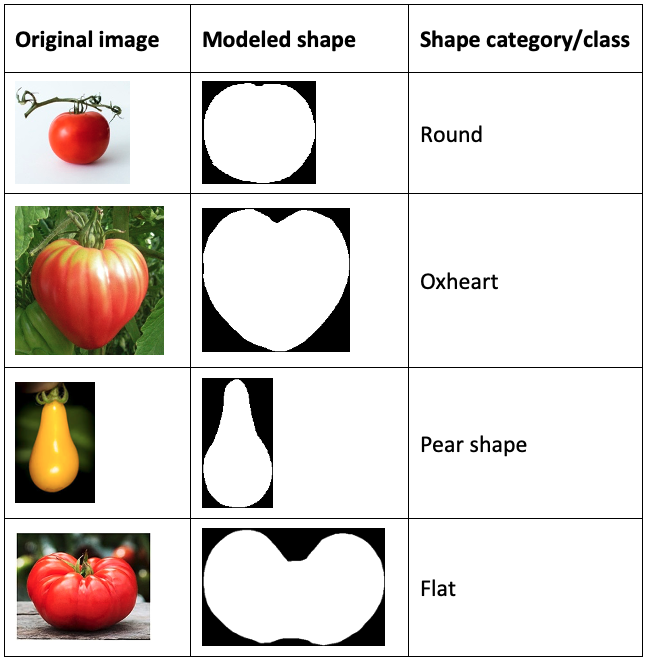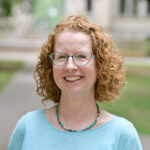
NSF Grant to fund interdisciplinary research at the intersection between computer science and genetics


Sofia Visa, associate professor of computer science
The National Science Foundation (NSF) awarded a grant share of $174,363 to The College of Wooster in March to support interdisciplinary research at the intersection between computer science and genetics. The three-year grant (2021-2024), led at Wooster by co-principal investigator, Sofia Visa, associate professor of computer science at Wooster, is awarded for work in collaboration with plant biologists from University of Georgia and University of Wisconsin-Madison. During three consecutive summers, Visa and nine Wooster students will be creating computer programs for uncovering relationships between genes and fruit development.
“The most exciting part of this work is that Wooster undergraduates will work on exciting interdisciplinary projects,” Visa said. “Our students will get the opportunity to apply what they learn in the classroom to research questions and benefit tremendously from such experiential learning opportunities. They will participate in all aspects of this research including implementing solutions for these research questions, interpreting results, and presenting results to collaborators and at professional meetings.”

Round, pear-shaped, oxheart, or flat tomatoes are among the nine shapes the app developed by Visa and students will identify.
Through the support from the grant, students will work with Visa to develop an app for Mac iOS and Android for tomato fruit shape classification. “The app will compute the shape of a tomato fruit from a picture taken with the camera. The fruit will be categorized into one of the nine fruit shapes such as round, pear-shaped, oxheart, or flat tomatoes,” said Visa (see image). “With this app, our collaborators, will be able to take images of tomatoes in the greenhouse, and automatically store information about shape and genetic background for later analyses.”
Capturing images “from hundreds of tomato genotypes” gives geneticists a rich data set that allows them to link specific genes to particular shapes. “This is important for the agriculture and food industry because, for example, oval tomatoes (like Roma tomatoes) have more flash than seeds, thus are better for tomato sauce, while pear-shape and cherry tomatoes are better in salads,” Visa said. “This research helps to create hybrids specific to certain markets, like canning or fresh produce market.” Visa explained that identifying these traits of the tomatoes will allow for the development of new tomato varieties. “In addition to researching genes that are responsible for shape, we are also looking for genes that create larger and tastier tomatoes,” she said, noting that tomatoes are the second most important vegetable in the world (after potatoes).
Other student teams supported by the grant will be using computer vision libraries to analyze changes in the development of tomato fruits at very early stages, showing important cellular changes in fruit development. Visa will work with students to developed software to extract information such as cell size, shape, and number of cells. “The measurements, taken at various developmental timepoints, combined with gene expression data help to identifying genes responsible for the fruit shape and size,” Visa said. “By identifying genes for crop improvement, we can provide a guide for how to breed for better tasting tomatoes of a given shape while keeping the yield and disease resistance high.”
Posted in News on March 11, 2021.
Related Posts
Related Areas of Study
Digital & Visual Storytelling
Tell stories using digital and visual media and find a career that fits your passion
PathwayComputer Science
Solve complex problems with creative solutions using computer programming and applications
Major Minor

